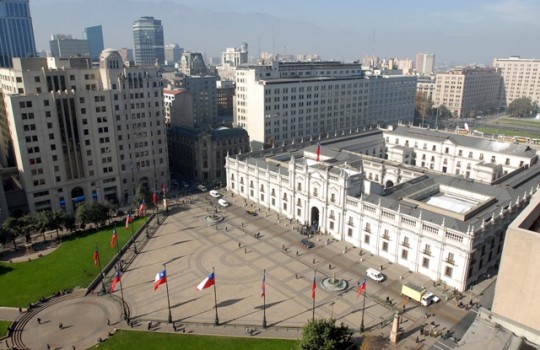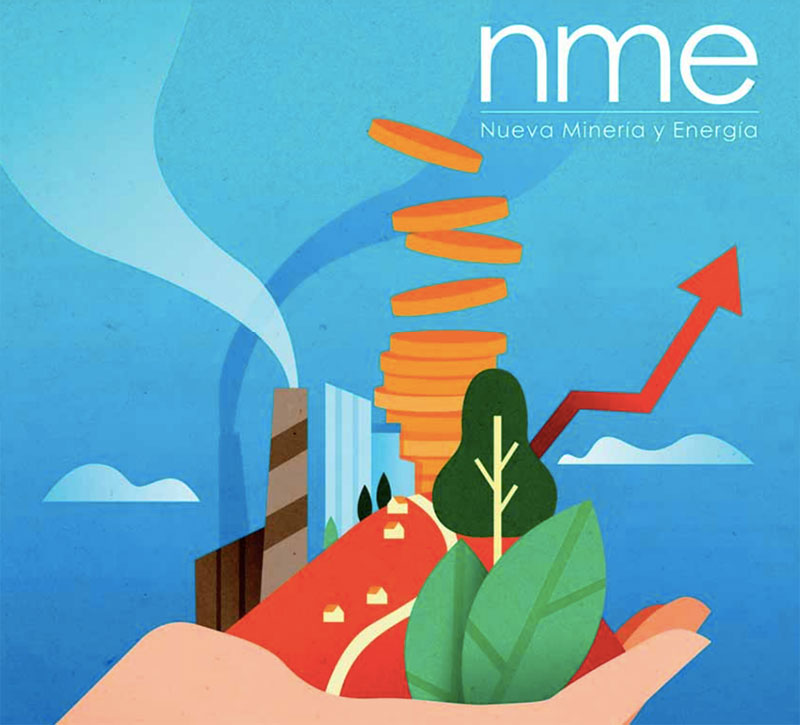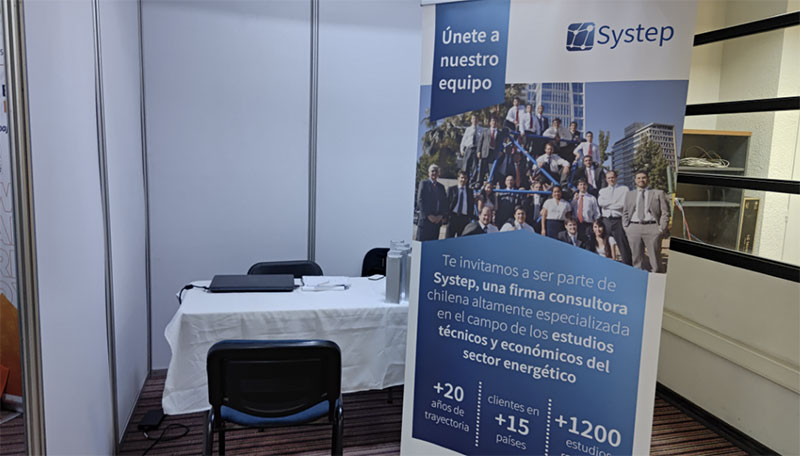
Authorities of the National Energy Commission and the SEC, it is noted, are essentially political positions, unlike in Europe.
Political autonomy of electricity regulators proposed: election through competition and merits
(Diario Financiero) That the National Energy Commission (CNE) and the Superintendency of Electricity and Fuels (SEC) do not depend on the government of the day. This is the idea put forward in the latest report by the consulting firm Systep, headed by Hugh Rudnick, to “modernize” the regulatory bodies of the energy sector and “shield” them from possible pressures.
“It would be of interest, in future processes of modernization of the State, to consider structural changes that would give some autonomy from the political structure to the regulatory bodies (CNE and SEC), with appointments through public competition and merit, which finally shield the authorities from political pressures,” says the consulting firm specializing in technical and economic studies of the energy sector, created in 1989.
“In a country like Chile, where the highest authorities of the regulatory agencies are essentially political positions, the change of government introduces a certain level of uncertainty. The situation is different from, for example, European countries, where the regulatory authorities are essentially technical, transcending the governments in power”, adds the editorial of the firm headed by Rudnick.
An example of this is the Panel of Experts, which in the consultant’s opinion “has been a valuable tool to face these challenges”.
Challenges for Piñera
Systep also raised the energy regulatory challenges for the next government. Among them, he mentions the process of reforming the distribution segment, initiated by the outgoing government, which is open, and whose development will depend on the new authorities.
It also refers to the public participation process to develop the new regulatory framework for electricity distribution, initiated in September 2016. The diagnosis resulting from this exercise, led by the CNE and the Catholic University, established that the current regulation does not anticipate the dramatic evolution that is taking place in distribution, where new actors will appear: distributed generation, prosumers, electric vehicles, storage, demand aggregators, among others. Added to this is the recent publication of a new technical standard, which requires distributors to provide a better quality of service.
The consultant points out that “there are concerns about possible cross-subsidies with distributed generation (more vulnerable areas paying more than wealthy areas), due to the effect of the existing tariff scheme”. “Both the rigidity and the lack of clarity in the conditions and requirements of new businesses (mainly distributed generation), end up imposing entry barriers to third parties interested in developing these businesses,” he adds.
Another open discussion for the future government is the Stabilized Energy Price mechanism. “An important aspect to be resolved, in the event of modifications, will be the stability signal given to the investments in PMGD (Small Means of Distributed Generation) already made, in the face of regulatory changes that will directly affect their income”, states Systep.
“Ideally, we would like to continue with Bachelet’s long-term” energy policy.
– In your opinion, what is the path that the administration of Sebastián Piñera should follow in energy matters?
– Fortunately, the most serious problems have been solved, such as supply, and we should continue on the path of improving the regulatory structure and rethinking it. The progress made should be continued.
– How do you think the long-term energy policy (Energy 2050) defined in a participatory process under the leadership of Minister Máximo Pacheco should be projected in the future?
– Ideally, we would like to continue with this policy. Guiller and Piñera’s visions were quite coincident in the spirit of moving towards a more economical and sustainable energy, so I do not see a discontinuity in that aspect.
– How feasible would it be to push for changes to introduce political autonomy for electricity sector regulators?
– This involves thinking about a new structure for regulatory agencies. It is one of many elements to create a state more independent of the political sector, such as the rating system, for example. But it is a change that is not in the air, it is a long process.
– Do you believe that the new government should move forward with pending or pending regulations?
– Once the transmission law is approved, there is a regulation that should be implemented. What will be the emphasis of the new government is what one wonders.
– Do you believe that the new administration should implement a reform of the distribution segment?
– Yes, and the first discussions for a distribution law are already under analysis.
[Systep prevé menor competitividad de termoeléctricas ante interconexión regional]



